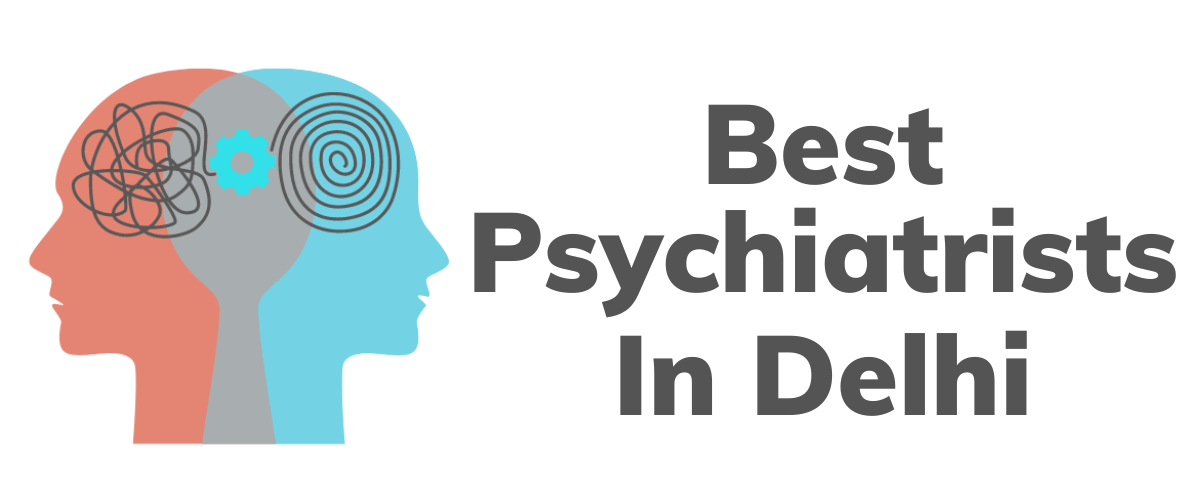ADHD Symptoms
ADHD Symptoms
Attention Deficit Hyperactivity Disorder (ADHD) is a complex neurodevelopmental condition that can make it challenging to do daily activities like going to school, working, or even just being at home. ADHD is one of the most common disorders in children’s neurodevelopment. It is often diagnosed in infancy and lasts well into adulthood. Inattentiveness, hyperactivity, and impulsivity are all symptoms of attention deficit hyperactivity disorder (ADHD) in children.
Where can I find out about the symptoms of ADHD?
Children, especially younger ones, often have trouble paying attention and behaving appropriately. However, kids with ADHD don’t grow out of these habits overnight. These symptoms can last for a long time and at their worst make it impossible to maintain relationships with other people.
A youngster with ADHD could: (ADHD Symptoms)
- have trouble getting along with other people
- often daydream
- take needless risks
- have trouble getting along with other people
- miss or forget something a lot
- have issues sharing the spotlight
- wiggle or squirm
- excessively talk
- make stupid errors
- have difficulty avoiding the seduction
Also Read:
Where Does ADHD Come From?
In an effort to better manage the disorder and reduce the prevalence of new cases, scientists are investigating its root origins and predisposing factors. Despite the fact that the cause(s) and risk factors of ADHD are unknown, recent studies suggest that inheritance plays a key part in the disorder. Recent studies have found genetic links to ADHD 1.
In addition to studying genetics, scientists are looking into other possible causes and risk factors, such as:
Brain damage from prematurity
exposure to environmental hazards during pregnancy, especially lead, has been linked to lower birth weight.
Smoking and alcohol consumption during pregnancy
Research does not back up the commonly held notions that poor parenting, too much TV, too many sweets, or social and environmental factors like family dysfunction or poverty lead to ADHD. Symptoms may be made worse by a number of variables, including those listed here, especially in some people. However, there is not enough evidence to conclude that they are the main causes of ADHD.
How Is ADHD Identified Clinically?
Evaluation of a child for ADHD involves several stages. It is impossible to identify ADHD with a single test because its symptoms may be identical to those of many other illnesses, such as anxiety, depression, sleep issues, and some types of learning challenges. To rule out other disorders that share symptoms with ADHD, it’s important to get a full physical examination, including tests of your hearing and eyesight. Diagnosis of ADHD often involves using a checklist to rate the severity of ADHD symptoms and gathering a medical history from the child’s parents, teachers, and sometimes the child themselves.
Treatment For ADHD
After receiving a diagnosis of attention-deficit/hyperactivity disorder (ADHD), parents often struggle to determine the most effective treatment for their kids. ADHD can be managed with treatment. The child and family as a whole will determine the best treatment option from among several possibilities. Parents are encouraged to work closely with their child’s healthcare providers, therapists, teachers, coaches, and other family members to identify the issues and develop a plan of action.
Among the many possible treatments for ADHD are
Behavior modification medication and training for parents
Suffering From Attention Deficit Hyperactivity Disorder
If you don’t get treatment for ADHD, it might affect your relationships, productivity at work or school, and ability to focus on your personal life.
Get in touch with a doctor or psychologist if you or a loved one exhibits symptoms that could be related to attention deficit hyperactivity disorder (ADHD).
The following therapies may help reduce the severity of ADHD symptoms and improve everyday functioning if you have been diagnosed with the disorder.
Modifications to one’s way of life: Methods exist for coping with the impulsivity, hyperactivity, and lack of attention that Attention Deficit Hyperactivity Disorder (ADHD) causes. Here are some tips to help you get your day in order if you have attention deficit hyperactivity disorder (ADHD):
- Improve your study skills.
- Create methods of organization.
- Put your time management skills to use.
Behavioral therapy is one of the most successful treatments for ADHD, especially in children and teenagers, since it pinpoints the specific thoughts, emotions, and actions that are driving the disorder.
Adults and teenagers alike can benefit from cognitive behavioral therapy (CBT), a type of behavioral treatment.
Interventions from teachers, parents, and other students have proven to be the most effective forms of behavior therapy for children with ADHD.
Medication can be used alone or in addition to behavioral therapy to help reduce ADHD symptoms in both children and adults.
A study found that psychostimulants, which increase activity in the central nervous system, should be tried first for treating attention deficit hyperactivity disorder (ADHD).
Other options besides stimulants for treating ADHD include medication for high blood pressure, antidepressants, antipsychotics, and mood stabilizers.
